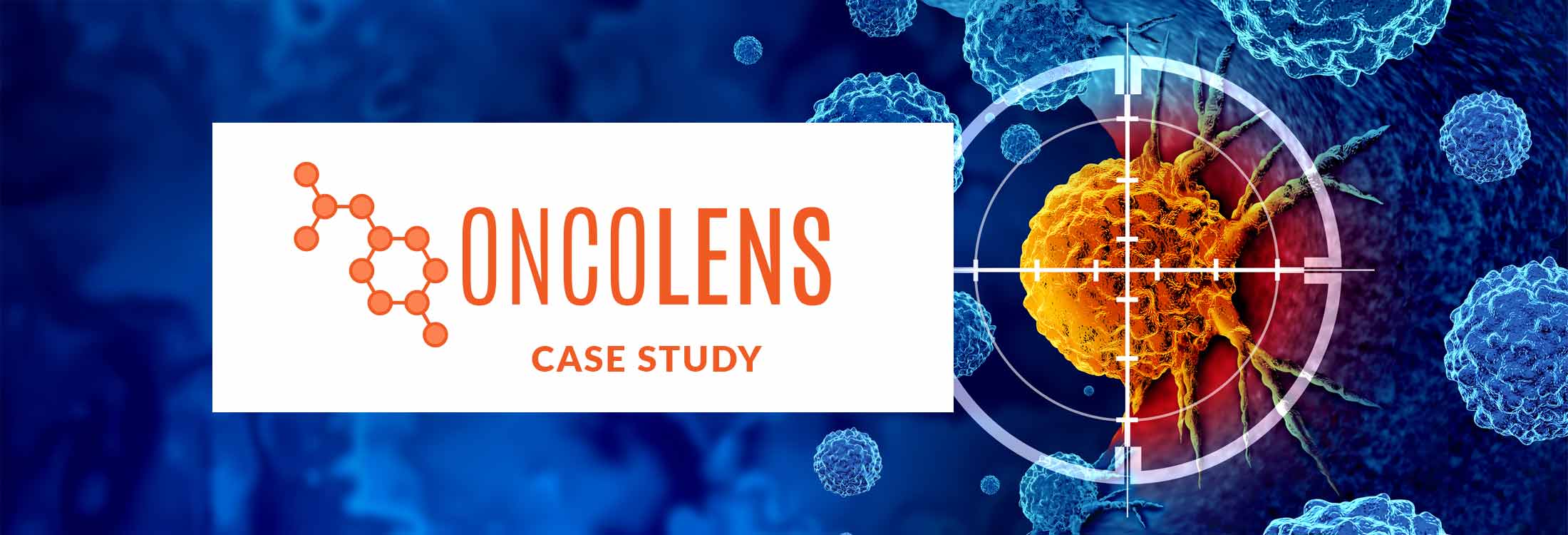Strategies for Enhancing Hospital Programs’ Quality Metric Tracking for Accreditation

Cancer programs are required to comply with quality metrics established by accrediting bodies such as the Commission on Cancer (CoC), National Accreditation Program of Breast Cancer (NAPBC), National Accreditation Program of Rectal Cancer (NAPRC), and ASCO QOPI, among others. The metrics are being constantly updated as cancer related data increases. Some old standards are retired, and new metrics are added. These metrics add complexity to workflows and extend the time required for data collection and organization.
As an illustration, on July 28, 2023, the Commission on Cancer’s National Cancer Data Base (NCDB) RCRS introduced updates to three Quality Measures:
- Breast BCSRT: Radiation therapy, when administered, is initiated less than or equal to 60 days of definitive surgery for patients receiving breast conserving surgery for Stage I-III breast cancer who do not undergo adjuvant chemo- or immuno-therapy.
- Gastric G16RLN: At least 16 regional lymph nodes are removed and pathologically examined for patients with surgically resected gastric adenocarcinoma undergoing curative intent therapy.
- Lung LCT: Systemic chemotherapy, immunotherapy or targeted therapy is administered or recommended within 3 months preoperatively or 3 months postoperatively for surgically resected cases with pathologic T2 greater than 4cm or T greater than or equal to 3, or N greater than or equal to 1 Non-Small Cell Lung Cancer (NSCLC).
Overcoming Implementation Challenges with AI
Implementing these updates necessitates investments in training data extractors, creating new databases, and devising actionable strategies to address any identified shortcomings promptly. All cases of the above cancer types must be looked at again, appropriately staged, treatment options collected, dates of discussion reviewed, treatment intent studied and placed in a database for quality metrics calculation.
Leveraging advancements in Artificial Intelligence (AI) can significantly simplify these processes. AI can assist in extracting data from Electronic Medical Records and other sources, making the extraction of metrics more efficient. Following quality assurance checks, the extracted data can be presented to the Cancer Committee for approval and appropriate follow-up steps. Educational efforts can also be seamlessly integrated into the Cancer Conference workflow, enhancing care for patients and the cancer care team.
Subsequent articles will delve into the details of these changes. In the interim, we encourage cancer teams to explore the potential of automating cancer quality metric extraction through AI. Connect with us at info@oncolens.com to learn more about this transformative approach.
For inquiries about the new quality measures from the CoC or program-specific questions, reach out to the CAnswer Forum. Contact ncdb@facs.org for program-specific queries.



